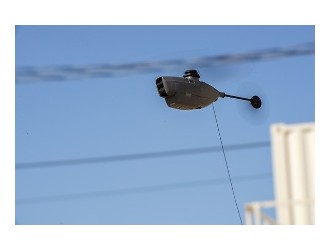
One of the key provisions of the new law is to establish a committee of delegates from several government departments to consider applications for air operators certificates (AOCs), rather than leaving this entirely at the discretion of the Thai transport minister. A shortage of skilled personnel has resulted in a temporary moratorium on issuing new AOCs.
The new aviation law also will remove the requirement for all Thai air transport operators and service companies to be at least 51 percent owned by Thai nationals. Among other issues, this may prove to be significant in attracting foreign investment in areas such as maintenance, repair and overhaul providers.
“We can entertain majority ownership by foreigners, Kobsak Pootrakool, a vice minister in the Thai prime minister’s office told AIN. “There will be no specification in terms of the percentage [a foreign investor] can own or how the share structure works.”
Meanwhile, on Monday, CAAT announced that Bangkok Airways has completed re-certification to ICAO standards through a joint program conducted with support from the UK Civil Aviation Authority’s CAA International (CAAi) directorate. “Bangkok Airways is the first out of nine airlines that are expected to be granted AOCs as they are in the initial group,” said Sukmanop. “The remaining eight are still in the process, because each airline’s inspection period depends on the complexity of the organization, the size of aircraft fleet and the company’s [operational complexity].”
For several years, Thailand has struggled to meet ICAO standards. In 2015 it was flagged with a Significant Safety Concern (SSC) label by the UN-backed body for shortcomings over its approach to maintaining safety standards. Later this year, ICAO is set to re-audit CAAT to evaluate whether it meets the eight “critical elements” covered by the SSC. CAAi has provided assistance to CAAT in its efforts to prepare for this re-audit.





